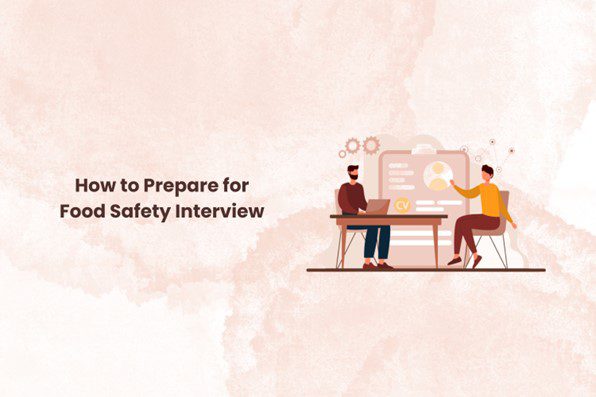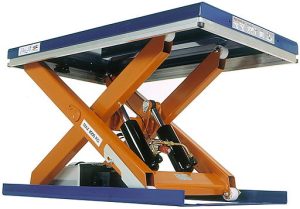It is of the highest significance that the food we provide is safe and of good quality in culinary arts and food service. The food safety interview might be a defining moment for aspiring food industry workers. You need to know all there is to know about food safety regulations, and you also need to be able to communicate and solve problems well. In this blog, we will discuss how to prepare for a food safety interview like a pro so that you may walk out feeling confident in your abilities. We’ll also cover basic Food Safety Course fundamentals and Food Safety Interview Questions to help you along the way.
Table of Contents
Understanding the Importance of Food Safety
Let’s take a break from practicing for the interview to talk about how important it is to provide only safe meals. Consumers and businesses in the food industry may suffer irreparable harm if even a single food safety breach occurs. That’s why potential employees must show off their culinary skills and understanding of food safety. Employers increasingly look for candidates who have completed a food safety course as evidence of their dedication to this important facet of the business.
Interview Tips
The following tips can help you ace the interview on food safety:
Thoroughly Review Your Food Safety Course Material
It would help if you started by making sure you have a firm understanding of the information presented in your food safety course. Know the ins and outs of safe food storage, cleanliness, preventing cross-contamination, and maintaining an appropriate temperature. During the interview, your future employer will be looking for evidence of this expertise. Furthermore, your self-assurance will increase as a result of your preparation, making you a more attractive prospect.
Check Out Typical Interview Questions Regarding Food Safety
Knowing what to anticipate might give you an advantage in the situation. Start by going online or talking to people in the food sector about the most often-asked questions they get during interviews. Kitchen-related topics, such as dealing with a food poisoning epidemic or spotting signs of contamination, may be the focus of examination questions. Get comfortable answering these questions and making sure you can clearly communicate your understanding and strategy.
Follow the Latest Developments in the Field
New regulations and tools for ensuring food safety are constantly developing. Researching and incorporating the most up-to-date industry trends and best practices into your interview replies is a great way to show that you are dedicated to remaining current. This will show prospective employers that you take food safety seriously and are motivated to uphold the strictest regulations.
Real-World Examples
Recounting actual cases from your work experience is a great way to show off your food safety knowledge. Consider a period when you faced a food safety issue and needed to take quick action to guarantee compliance. Structure your answers using the STAR (Situation, Task, Action, Result) technique to demonstrate your problem-solving skills with concrete examples.
Familiarise Yourself with Food Safety Regulations
Different rules and standards concerning food safety are in place in different parts of the world. Focus on learning the ones that will be most useful to you at your prospective company. Knowing the regulations governing food safety in your area shows that you value compliance, an essential part of the food service sector.
Dress and Act Professionally
What you say and how you say it are equally important in a food safety interview. Be on time, clean, and dressed appropriately for the occasion. If you want to give the idea that you are someone who takes food safety seriously, it helps to act professionally and pay attention to detail.
Prepare Questions for the Interviewer
Interviews should be mutually beneficial. Prepare insightful questions to ask the interviewer to demonstrate your interest and excitement. You might question their food safety procedures, employee training, or recall procedures. This will show how invested you are and also provide you with valuable insight into the company.
Conduct Mock Interviews
As the saying goes, “Practice makes perfect.” Ask a close friend or family member to assist you in practicing for interviews. You can use this to hone your answers, boost your self-assurance, and zero in on the areas where you may need more study time.
Maintain Your Composure
It’s normal to feel anxious before, during, and after the interview. Relax, make direct eye contact, and talk in a calm, assured tone. Keep in mind that the interviewer isn’t only testing your knowledge but also your stress tolerance, which is a must-have quality for anybody working in the food service sector.
The Post-Interview Follow-Up
Send an email to the interviewer expressing your gratitude for their time once the interview has concluded. This kind of act will go a long way toward establishing your credibility and demonstrating your competence.
Conclusion
Food safety interviews need more than just remembering answers. You must show your love for the profession, critical thinking, and willingness to perform your best. You can tackle the interview process by studying your food safety course, researching common interview questions, and staying current on industry trends. Remember that food industry companies like candidates that prioritize safety, so show your passion in the interview.
Best wishes for a successful food safety career!




